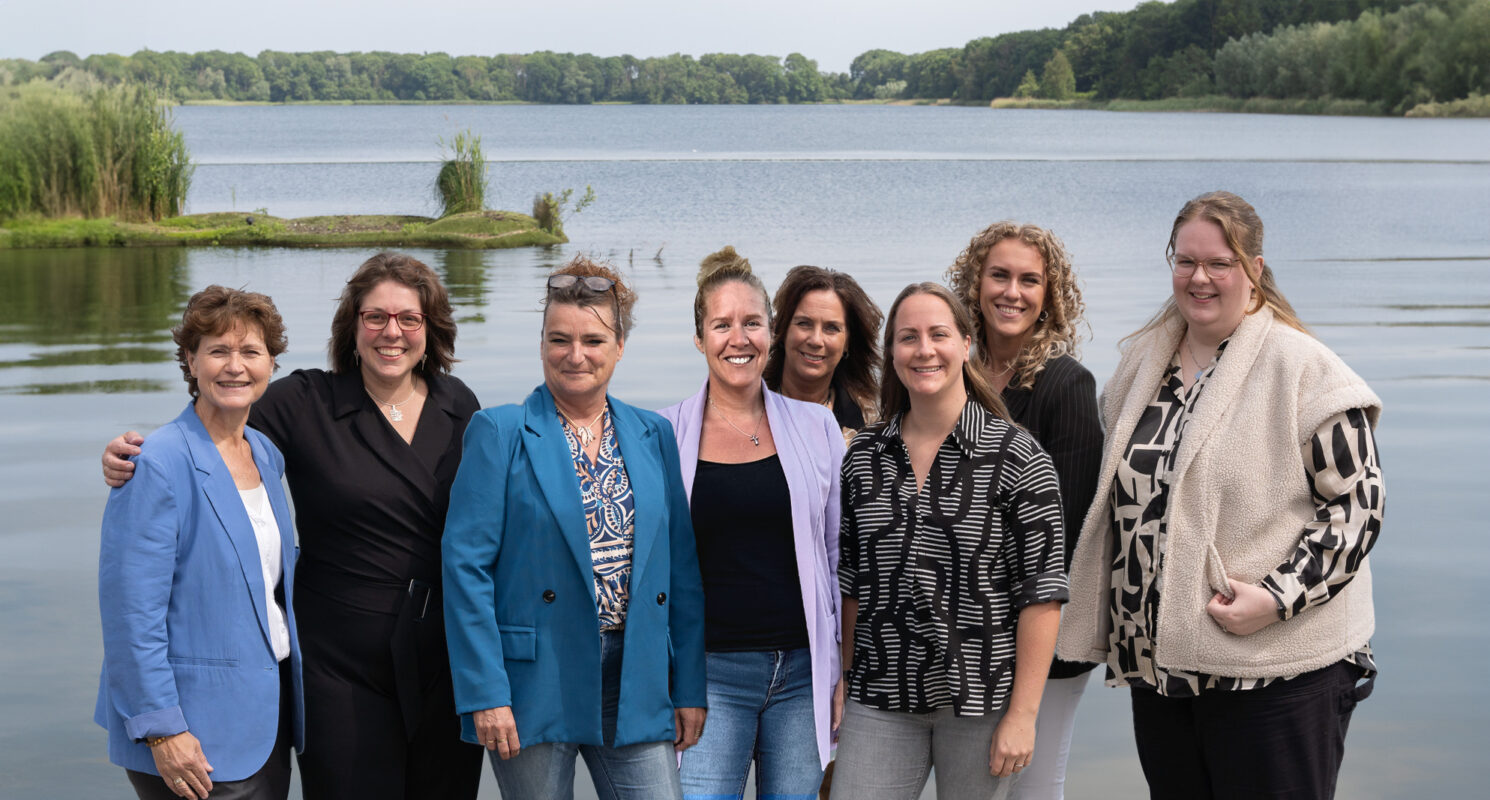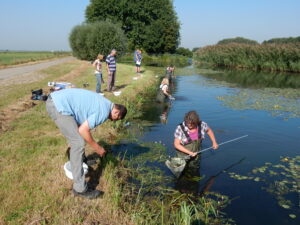You can reach World Water Academy by telephone: +31 030 606 94 00 or e-mail: info@worldwateracademy.nl.
Integrated Watermanagement
Learning targets
When you work in water management, you are at the heart of society. You are involved in topics such as energy, waterlogging, housing challenges, biodiversity, and the quality of the living environment. Only with the right knowledge of the water system can you effectively address these complex, interconnected issues. Additionally, you need to approach these challenges with an integrated perspective, as successful solutions can only be achieved by working with stakeholders. How do you tackle all of this?
After completing the Integrated Water Management course, you will have a solid foundation in water systems, covering surface water, groundwater, soil, and ecology. You will also understand the disruptions and climate challenges present and how to solve or prevent them. Working within the frameworks of policy and legislation, you will collaborate with various stakeholders on current issues. In this process, you will apply your water system knowledge and develop actionable perspectives.
The knowledge and skills provided by the Integrated Water Management course form the basis for addressing a wide range of water-related challenges.
The following topics will be covered:
- challenges of the 21st century
- water and soil management
- hydrological and ecological systems
- water balance, rainfall-runoff process, flow processes, and principles
- relationship between groundwater and surface water
- data and models
- Water Framework Directive (WFD), ecological key factors, water quality, and disruptions
- lakes, ponds, ditches, canals, streams, and rivers
- opportunities for integration in the water cycle
- energy transition, circular economy
- nature and agriculture
- water safety
- biodiversity
- climate-resilient cities and regions
After completing this course, you will have the following knowledge & skills:
- understanding the functioning of the water system
- ability to translate “water and soil as guiding principles” into policies and projects
- a helicopter view to tackle water problems
- insight into key stakeholders
- tools for addressing the main challenges
Program
We begin with a helicopter view of current water-related challenges from the practical experiences of all participants, which we visually map out and analyze. From this overview, we move to the basics: the water system (Module 1). We then expand this perspective to include the broader environment (Module 2).
Module 1: The Water System
We will break down the functioning of the water system for you, and you will perform simple calculations. This will give you insight into how everything is interconnected.
Topics:
- policy, legislation, stakeholders
- ecological system and biodiversity
- hydrological system, water balance
- flow in open watercourses, rainfall-runoff relationship
- Water Framework Directive, ecological key factors
- groundwater (saturated and unsaturated zones)
- groundwater quality
- data and models in practice
- serious game on water management
Module 2: Environment, Climate, and Quality Issues
You will learn to apply knowledge to complex issues and practice an integrated approach, collaborating with various stakeholders and each other. We will address different case studies.
Topics:
- opportunities for integration and efficiency in the water cycle
- water, nature, agriculture
- climate-resilient city
- water safety, drought, and flooding
During Module 2, you will work together on the final project.
Personal input
At World Water Academy, everything revolves around both knowledge and practice. Therefore, we expect each participant to bring their own
Target group
The Integrated Water Management course is intended for policy officers, policy advisors, planning consultants, environmental managers, project leaders, permit officers, and water management advisors who work on water-related issues, focusing on both water quantity and water quality.
Learning Together
Our group-based approach creates an enthusiastic learning environment where you can have valuable discussions about the content and your work situation.
Entry Level
You should have an educational background at the HBO or university (WO) level. Additionally, we expect you to have basic knowledge of biology, chemistry, and mathematics. If you do not fully meet these requirements, the coordinator will contact you after registration to discuss what is needed to successfully complete the course.
Feel free to ask us about our products and courses

